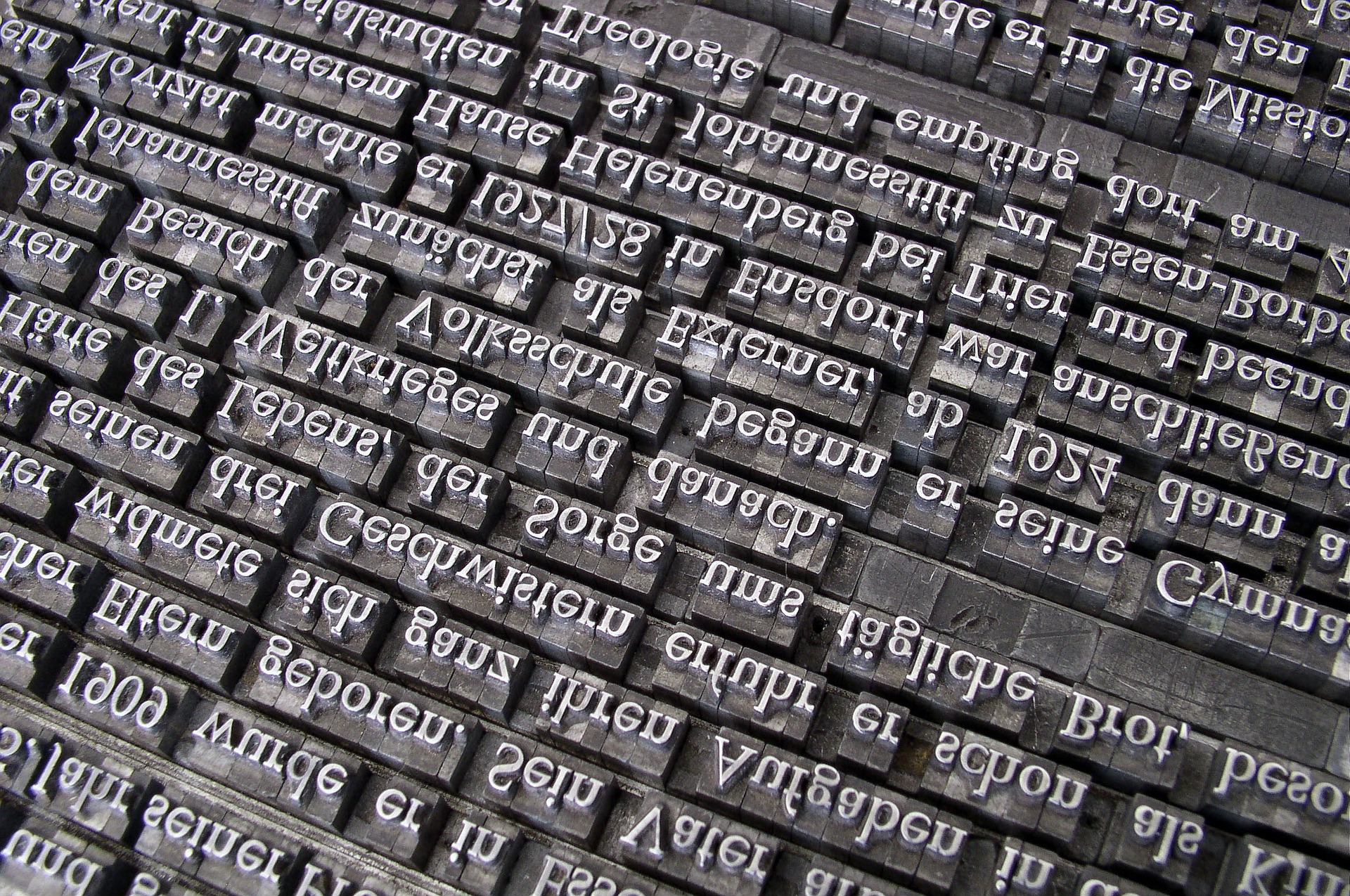And how many of them are on your list too?
There are those standard phrases that we hear, especially in a work environment, that are incredibly frustrating! This can be because they’re actually a nonsense, they’re unnecessary or they’re just plain irritating!
Here are our top ten:
Giving 110% This quite frankly isn’t possible! You can’t give 100% effort because the maximum is 100%. The only time it becomes applicable is if you’re comparing two different amounts – so for example if last time you gave it 80%, then this time you can up your game by giving it 110%. And yet it’s something we hear all the time, so much so that it’s become a cliche. It’s an accepted way of saying that you’ll give the maximum amount of effort needed to achieve a particular task. It doesn’t make it any less annoying though!
Literally So often when people use this word it isn’t literally at all! When you say “I literally died when she said that” you really didn’t die! In fact it’s a bone of contention that has been around for quite some time. In Fowler’s dictionary of modern English usage (1996 edition) the misuse of the term is recorded as early as the 19th century. In “Little Women” Louisa May Alcott wrote: ‘The land literally flowed with milk and honey.’ It’s become commonly used in English as a way to intensify the meaning of a statement.
With all due respect This is an interesting one! Where it suggests being polite, in actual fact it’s become synonymous with being used sarcastically to mean the exact opposite of being respectful. Where originally it might have been used to show polite disagreement with what’s been said, it has now become a way of preceeding an insult.
At the end of the day Back in 2009 this was voted as the most common office cliche, being used in the workplace at least 3 times every day – and in fact has been called the most tired of phrases in the English language! Overuse of this phrase that means “when all things have been taken into account” it’s become used as a form of punctuation, rendering it meaningless.
Shouldn’t of This is more of a misuse of grammar but is definitely high on the list of annoyances. It actually comes from the shortening of “shouldn’t have” as in “ I shouldn’t have done that” so “shouldn’t of” is incorrect. It most likely comes as a result of how the phrase is said in speech and has become adopted as “shouldn’t of” over time. It’s still not right though!
Going forward Commonly used in the business world this phrase has crossed the Atlantic and become firmly ensconced in the business environment in the UK too. Again it’s a phrase that’s superfluous and unnecessary in any conversation, quite often used as punctuation in a sentence. It becomes especially infuriating when it’s used when talking about a plan – a plan is always referring to the future so planning something “going forward” is just plain irritating.
Thinking outside the box When you use a cliche you can be accused of using a phrase that’s overused and lacks original thought – and this phrase is definitely one of them! The origins of the phrase can be traced to the 1970s when a psychologist named J. P. Guilford conducted a study of creativity. He challenged the participants in the study to connect nine dots in a puzzle using just four straight lines without lifting their pencils from the page. The solution is deeply deceptive and requires you to use the white space outside of the illusion of the “box of dots” to complete the puzzle. Since then it’s become the most common phrase used to express creative thinking… we now just need to think more creatively and stop using it!
Hit the ground running A cliche used in business to show that someone’s previous experience will mean they will transition into their new challenge easily. It’s another one that is incredibly annoying and shows a lack of creativity. It’s been heavily used in politics since the days of George Bush when he used it in an article in Time Magazine. It’s possible it has a connection to the days of the Vietnam war when soldiers would leave helicopters as they landed and “hit the ground running”.
By the end of play or close of play Quite simply this means by the end of the day – so why not say so?! With its origins in the sporting world, somehow this phrase has crossed the boundary into the business world and is now a much overused phrase.
Let’s touch base offline This is another Americanism that’s crossed the pond and relates to the sport of baseball. It refers to how players need to touch the base for a run to be considered legal. In business speak it means catching up with someone outside of the meeting you’re in. It’s management speak that’s become a pet peeve – and understandably so!
What are your most irritating phrases in the business world… don’t forget to think outside the box!

